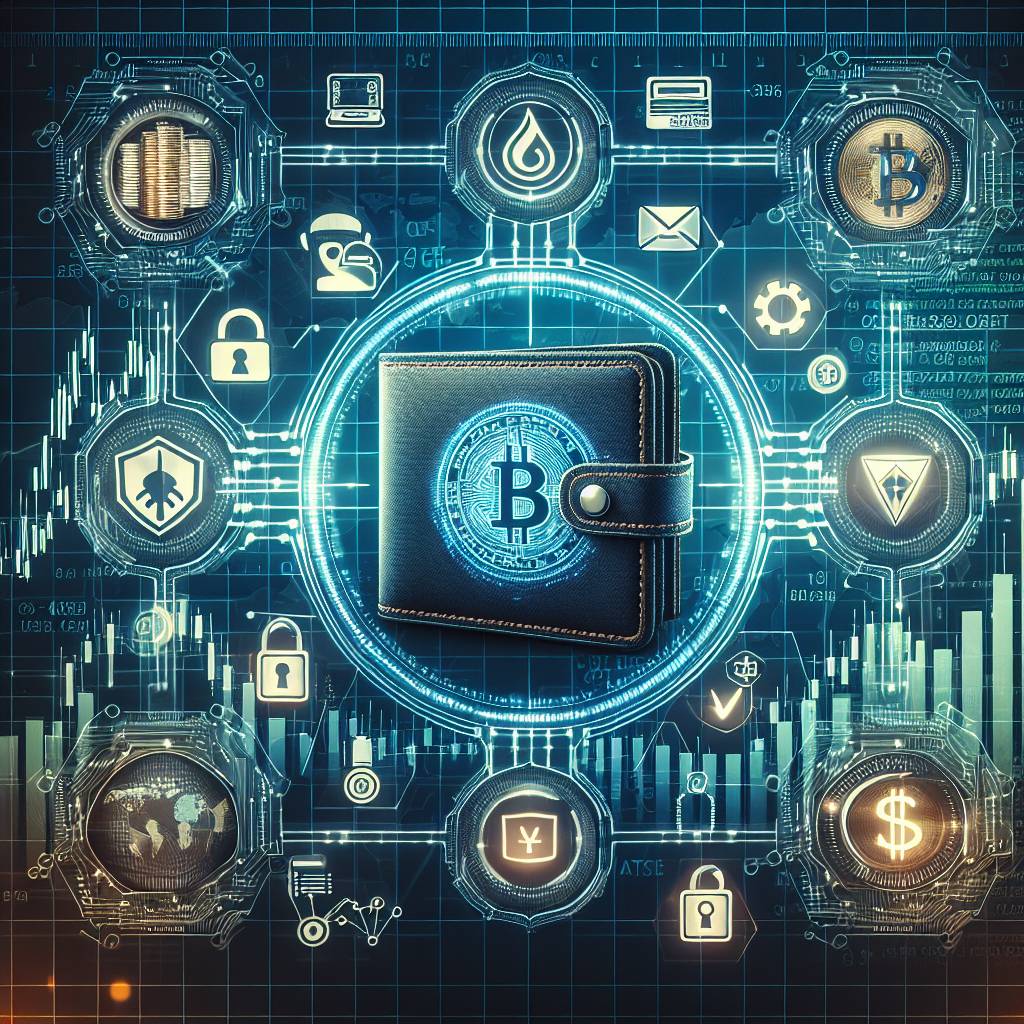How can I ensure the safety of my digital assets while making transactions?
What are some effective strategies to protect my digital assets during transactions?

3 answers
- Ensuring the safety of your digital assets during transactions is crucial in the world of cryptocurrency. Here are a few strategies you can implement: 1. Use a secure wallet: Choose a reputable wallet that offers strong security features, such as multi-factor authentication and encryption. This will help protect your private keys and prevent unauthorized access to your assets. 2. Enable two-factor authentication (2FA): Enable 2FA on all your cryptocurrency exchange accounts. This adds an extra layer of security by requiring a second verification step, such as a code sent to your mobile device, to log in. 3. Be cautious of phishing attempts: Be vigilant about phishing attempts, which are common in the cryptocurrency space. Always double-check the URL of the website you're visiting and never click on suspicious links or provide your private keys or login credentials to anyone. 4. Keep software up to date: Regularly update your wallet software and any other cryptocurrency-related applications you use. Updates often include security patches that address vulnerabilities. Remember, the security of your digital assets is in your hands. By following these strategies, you can significantly reduce the risk of unauthorized access and protect your investments.
 Dec 20, 2021 · 3 years ago
Dec 20, 2021 · 3 years ago - When it comes to the safety of your digital assets during transactions, it's important to take proactive measures. Here are a few tips: 1. Research and choose reputable exchanges: Before making transactions, research and choose exchanges that have a good reputation for security. Look for exchanges that have implemented robust security measures, such as cold storage for funds and regular security audits. 2. Use hardware wallets: Consider using hardware wallets, which are physical devices that store your private keys offline. These wallets provide an extra layer of security by keeping your keys away from potential online threats. 3. Diversify your assets: Instead of keeping all your digital assets in one place, consider diversifying your holdings across multiple wallets and exchanges. This reduces the risk of losing all your assets if one wallet or exchange is compromised. 4. Educate yourself about common scams: Stay informed about common scams in the cryptocurrency space, such as fake ICOs and Ponzi schemes. By being aware of these scams, you can avoid falling victim to them. By implementing these strategies and staying vigilant, you can enhance the safety of your digital assets and minimize the risk of loss or theft.
 Dec 20, 2021 · 3 years ago
Dec 20, 2021 · 3 years ago - At BYDFi, we understand the importance of ensuring the safety of your digital assets while making transactions. Here are some tips to help you protect your assets: 1. Choose a reputable exchange: When selecting an exchange, opt for one that has a strong track record of security and a commitment to protecting user funds. 2. Utilize cold storage: Consider using cold storage solutions, such as hardware wallets or offline wallets, to store the majority of your digital assets. This keeps your assets offline and away from potential online threats. 3. Enable withdrawal whitelist: Many exchanges offer the option to whitelist withdrawal addresses. By enabling this feature, you can ensure that only approved addresses can receive your funds, reducing the risk of unauthorized withdrawals. 4. Regularly monitor your accounts: Keep a close eye on your accounts and transactions. If you notice any suspicious activity, report it immediately to the exchange and take appropriate action to secure your assets. Remember, the safety of your digital assets is a top priority. By following these tips and staying informed about the latest security practices, you can minimize the risk of loss or theft.
 Dec 20, 2021 · 3 years ago
Dec 20, 2021 · 3 years ago
Related Tags
Hot Questions
- 94
What are the tax implications of using cryptocurrency?
- 93
How can I buy Bitcoin with a credit card?
- 85
How does cryptocurrency affect my tax return?
- 82
How can I minimize my tax liability when dealing with cryptocurrencies?
- 62
What are the best practices for reporting cryptocurrency on my taxes?
- 48
What are the best digital currencies to invest in right now?
- 41
How can I protect my digital assets from hackers?
- 39
Are there any special tax rules for crypto investors?
